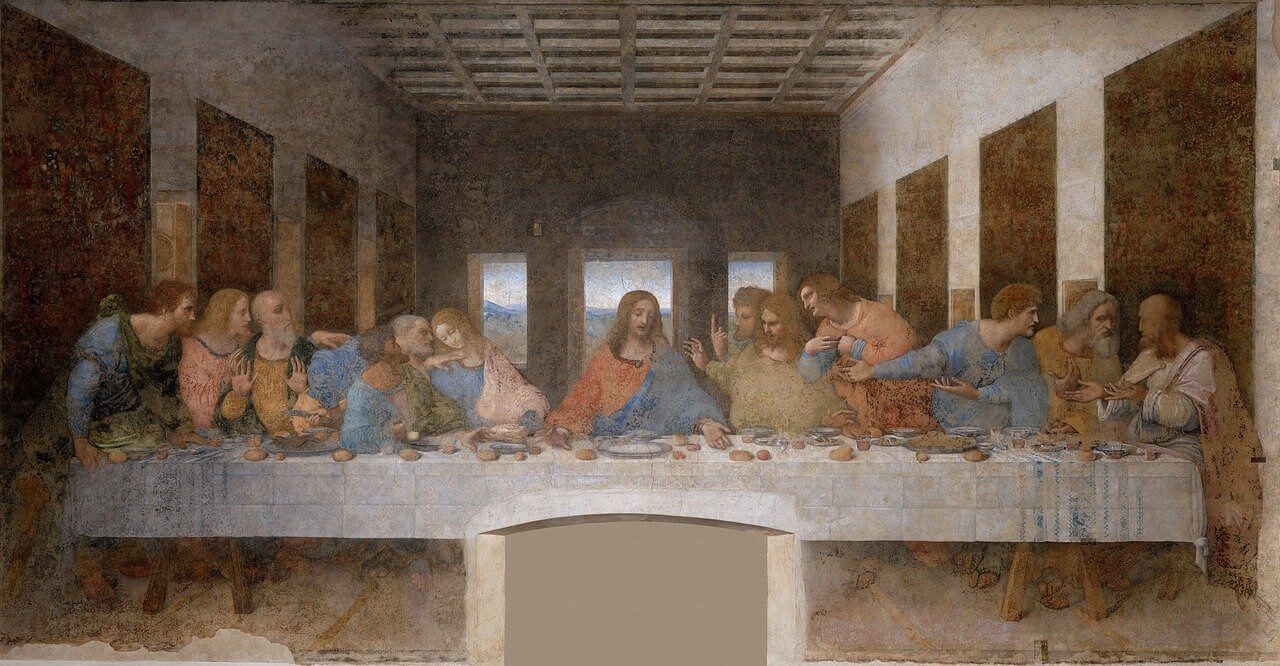The Bible mentions oil and the use of it about 200 times. The Hebrews had a specific connection with oils in their lives whether it is in spiritual practices or cooking or as a cosmetic. Biblical stories and extra biblical literature show us that oil was used as a moisturizer for hair and skin, as medicine and also traded as currency. The lamps that burnt in the tabernacle were fueled by oils.
Even today, there are denominations that use oil when baptizing, commissioning people for spiritual vacations, or praying for the sick. So what does oil symbolize in the Bible?
What You'll Learn Today
Oil As an Empowering Tool for Vocation

In the Bible, when God picked Aaron as the first priest of Israel, oil was used to anoint him to symbolize consecration to God for the work ahead.
In Exodus 30:30-32, the Bible says:
“You shall anoint Aaron and his sons, and consecrate them, that they may minister as priests to Me. You shall speak to the sons of Israel, saying, ‘This shall be a holy anointing oil to Me throughout your generations. ‘It shall not be poured on anyone’s body, nor shall you make any like it in the same proportions; it is holy, and it shall be holy to you.”
When Samuel anointed David to be the King of Israel, the Bible says in 1 Samuel 16:13 that he used a horn of oil. All the other kings that followed from David received their oil anointing as a symbol that God had set them apart for His good work.
Apart from kings, prophets of God were also anointed. The Bible refers to Jesus as the anointed one thus combining his status as king, high priest, and prophet.
Oil as the Power and Presence of the Holy Spirit
According to scripture, when Samuel anointed David, the Holy Spirit empowered him. The anointing oil signified the power and presence of the spirit of God. In the Book of Luke 4:18, the Bible says,
“The Spirit of the Lord is on me, because he has anointed me to proclaim good news to the poor. He has sent me to proclaim freedom for the prisoners and recovery of sight for the blind, to set the oppressed free.”
Similarly, in Acts 10:38, the Bible also says,
“how God anointed Jesus of Nazareth with the Holy Spirit and power, and how he went around doing good and healing all who were under the power of the devil, because God was with him.”
Every time anointing is mentioned in God’s holy book, it always signifies the Holy Spirit descending and influencing the person being anointed. It is the invisible presence of the Holy Spirit at work to strengthen and empower the person.
Oil as an Instrument of Healing
The scriptures referred to oil as an instrument that accompanied healing processes. In the Book of Mark 6:12-13, the Bible records an event where Jesus sends out his disciples for a healing ministry.
“They went out and preached that men should repent. And they were casting out many demons and were anointing with oil many sick people and healing them.”
Writing to the Jewish Christians, James who was also a Jewish said in James 5:14,
“Is anyone among you sick? Let them call the elders of the church to pray over them and anoint them with oil in the name of the Lord.”
In Leviticus 14, the Bible enumerates regulations to be followed by any deceased person. During their ceremonial cleansing before the priest, verse 15-18 says,
“Then the priest shall take some of the log of olive oil, pour it into his left palm, dip his right forefinger into the oil in his left palm, and sprinkle some of the oil with his finger seven times before the LORD. And the priest is to put some of the oil remaining in his palm on the right earlobe of the one to be cleansed, on the thumb of his right hand, and on the big toe of his right foot, on top of the blood of the guilt offering. The rest of the oil in his palm, the priest is to put on the head of the one to be cleansed, to make atonement for him before the LORD.”
It is on this foundation that the Jews have made it a ritual and custom to use oil in their healing processes.
Oil as an Offering to God

Oil kept the temple lamps burning continuously. The significance of the burning lamps in the tabernacle was that the Spirit of God had a continuous dwelling among the people of Israel. As long as the oil had not run out, the lamps kept on burning and this meant the Holy Spirit was alive and present in God’s people.
In Leviticus 2:1, the Bible says,
“When anyone brings a grain offering to the LORD, their offering is to be of the finest flour. They are to pour olive oil on it, put incense on it”
In the Book of Micah 6:7-8, the Bible calls to question the offerings of his people that they should not just be the items presented, but their hearts should go along with them.
“Will the LORD be pleased with thousands of rams, with ten thousand rivers of olive oil? Shall I offer my firstborn for my transgression, the fruit of my body for the sin of my soul? He has shown you, O mortal, what is good. And what does the LORD require of you? To act justly and to love mercy and to walk humbly with your God.”
Conclusion
The use of oils as we have seen carries a lot of significance not just in the Jewish tradition and early church, but also in the lives of Christians today. The Book of Psalm 133:1-2, summarizes the work of the oil as a uniting factor for the people of God.
“Behold, how good and how pleasant it is for brothers to dwell together in unity! It is like the precious oil upon the head, coming down upon the beard, Even Aaron’s beard, Coming down upon the edge of his robes.”
The main purpose of Christianity is unity of direction and function. The use of oil seals this and gives meaning to the work of God through the Church and fellowships.